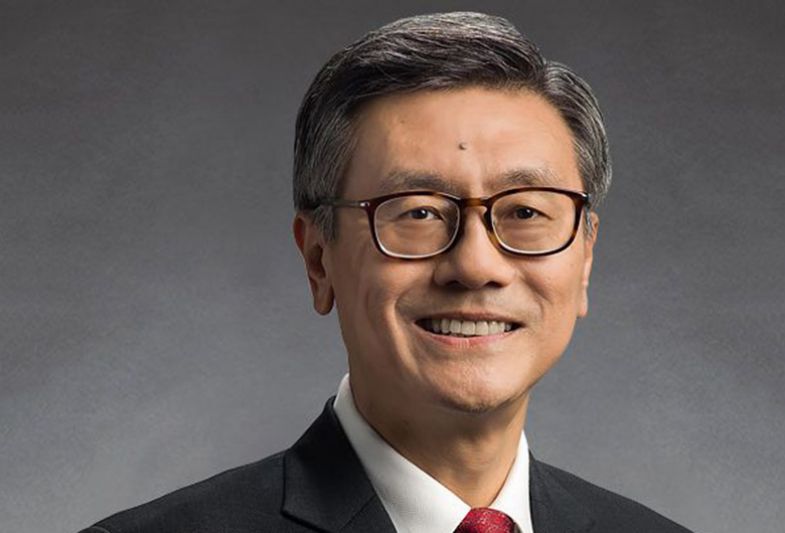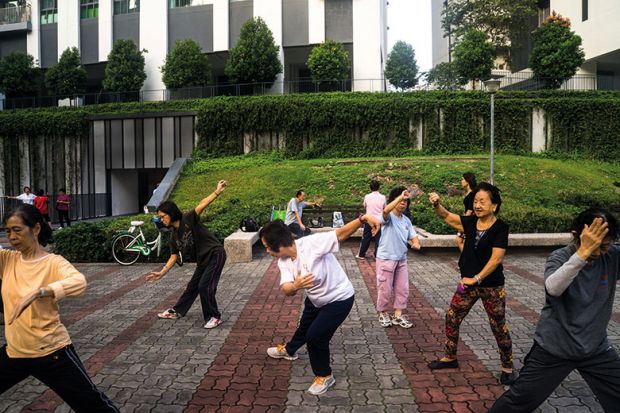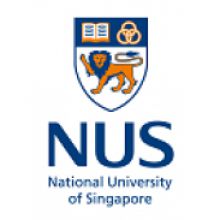Bringing large numbers of older graduates back into the classroom under a radical lifelong learning programme will test the teaching abilities of staff, a university president has admitted.
All undergraduates and postgraduates of the National University of Singapore remain enrolled for 20 years from the point of admission, making all current and future students automatically eligible for NUS’ 500 continuing education courses. All of NUS’ 300,000 or so alumni will also be offered the chance to study these courses on a heavily discounted basis – with graduates able to stack credits to gain graduate diplomas or even undergraduate and master’s degrees.
In an interview with Times Higher Education, the university’s president, Tan Eng Chye, said that admitting thousands of adult learners each year presented a new challenge to the university – ranked as Asia’s best for many years – as it had typically not taught older learners on shorter courses.
“We will have to learn from other institutions and learn from doing this activity ourselves,” said Professor Tan, who said that the university was “fortunate to have faculty who are just as passionate about teaching older and younger learners”.
Professor Tan, a Yale-educated mathematician who has led NUS since January 2018, said he envisaged that the Lifelong Learners programme – launched in the first August of his presidency – would be most valuable for older graduates who found themselves displaced in the workplace by emerging technologies.
“We prepare our graduates well for the workplace, but it’s quite conceivable that a mechanical engineer who has worked in the automotive sector for years finds he or she is no longer needed as the industry’s emphasis moves towards hiring specialists in artificial intelligence,” Professor Tan said.
“Those who feel that retrenchment will probably be between 45 or 60 – they will be the ones who will be caught, rather than those who graduated five years ago.”
Many of the courses available to graduates relate to emerging skill areas in the Singaporean economy, including analytics, finance, digital media, cybersecurity and advanced manufacturing, said Professor Tan, who explained that graduates have been given an individualised online profile showing what competencies they have and where they could improve their skills.
“We have created a new app which gives graduates a view of what courses they’ve done, the certain competencies they’ve acquired, and what courses might help them obtain different skills,” said Professor Tan.

This kind of engagement using technology would not, however, solve the perennial problem of getting older workers to engage with lifelong learning, he added. Singapore – which offers credits worth $500 to all citizens over the age of 25 to spend on a list of pre-approved courses – is widely seen as a world leader in this area; in 2016, 126,000 Singaporeans used the Skills Credits Scheme to access around 18,000 courses, a significant achievement for a country of about 5.5 million people.
But more could be done to build a lifelong learning mindset at an earlier stage, said Professor Tan.
“We need students to learn how to learn,” said Professor Tan, who said that the “focus [of university degrees] must be less about content and more about instilling mental skill sets that allow students to adapt and learn throughout a 30- or 40-year career”.
“You tend to pick up these skills more through experiential learning, where you might fail in a project but you learn how to adapt and try again,” he said, citing NUS’ entrepreneurship programme in which students create start-ups as a good example of this model of education.
The university’s move into the lifelong learning sphere – which began seriously with the creation of its School for Continuing and Lifelong Education in 2015 – had also led to new opportunities to work with industry, Professor Tan added. Ten major companies signed up for a new “all-you-can-learn” deal for their combined 10,000-strong workforce, an initiative he hoped to expand, he said.
“We have a few hundred graduates signed up so far [to the Lifelong Learners scheme], but there is actually more interest from companies who like our ‘buffet’ system, in which firms pay a single fee and staff can select whatever courses they like,” he said.
However, this kind of sector-wide support for lifelong learning – from business, government and higher education – may sadly be fairly unique to Singapore, reflected Professor Tan. “Singapore’s only resource is its people so the government knows it has to invest in its workers, which is why it puts so much into education.”
POSTSCRIPT:
Print headline: Lifelong learning tests Singapore teachers
Register to continue
Why register?
- Registration is free and only takes a moment
- Once registered, you can read 3 articles a month
- Sign up for our newsletter
Subscribe
Or subscribe for unlimited access to:
- Unlimited access to news, views, insights & reviews
- Digital editions
- Digital access to THE’s university and college rankings analysis
Already registered or a current subscriber? Login










